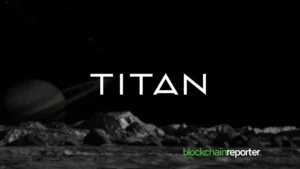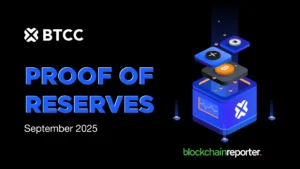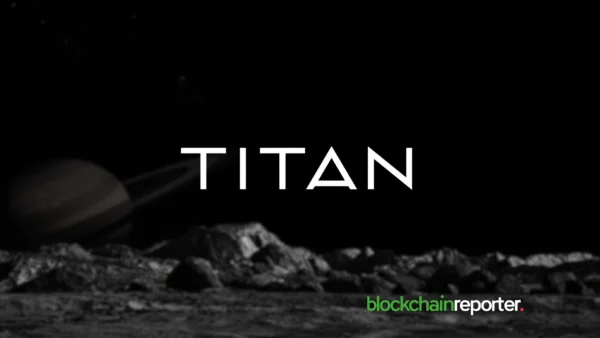
Despite the Korean government going as far as to ban anonymous trading of cryptocurrencies, the Korean premium pricing on cryptocurrencies remains a concern to the Korean central bank, according to yonhap news, one of the largest news media in Korea, with bank officials urging for continued close monitoring of domestic trading.
Korea’s Roller-coaster Crypto Journey
Korea has had a peculiar relationship with cryptocurrencies since regulations began to emerge in the last few years.
Strict anti-money laundering and capital control laws have made it very difficult for foreign traders to participate on Korean exchanges, as well as for Korean nationals to bring back cryptocurrencies purchased abroad.
This in turn has made it nearly impossible for traders to benefit from arbitrage between Korean and non-Korean exchanges, allowing the price of cryptocurrencies in Korea to fluctuate even more strongly than in the rest of the world.
Mandatory KYC, no Anonymous Trading
In an effort to combat the ‘Kimchi premium’, as it is called, regulators this January banned all anonymous trading of cryptocurrencies in the country, and require exchanges to demand full KYC for all traders.
The Korean government believes this has been an effective strategy for curbing money laundering and other illegal practices involving crypto in the country, which are believed to have exacerbated the speculation that drove the price differential.
Critics of the strict policies note however that the Kimchi premium was greatest at the height of the bullrun, and, in fact, became negative in February as Korean traders hurried to get out of the crashing market (not a bad decision, in retrospect).
In times when the market moves slowly, as it has for most of this year, the price differentials between Korea and the outside world are almost zero. When the market then begins to move again it returns, as it did this April, before resuming its decline. It is therefore far from certain that the new KYC rulings had any effect at all on prices – the new rules just happened to be implemented a few weeks into the 2018 global crypto crash.
Although representatives of Bank of Korea, the Korean central bank, did not explain their reasoning, they do note that while the Kimchi premium is almost nonexistent right now, it may well come back. The central bank officials also urged for continued careful monitoring of the space.
Korea is one of the countries with the most active trading of cryptocurrencies, accounting for some 10% of all Bitcoin trade, and about 5% of Ethereum trade.







